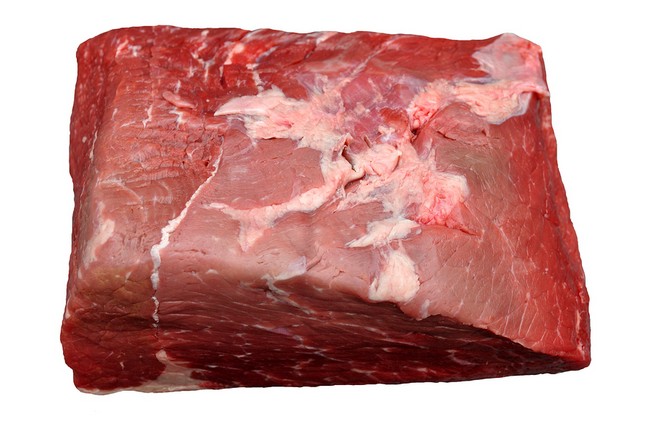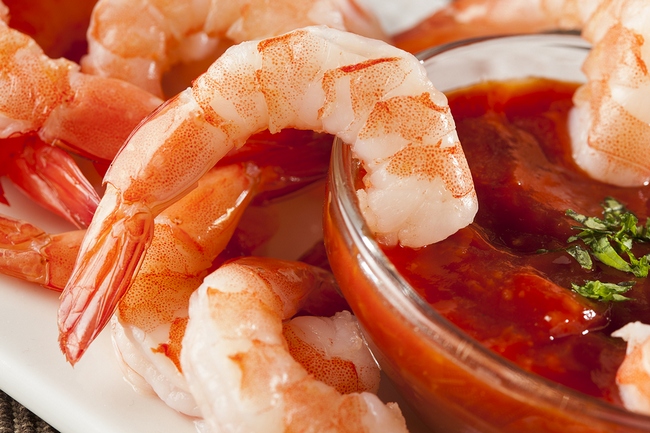- Make It Yourself Lavender Heart-Shaped Bath Bombs!
- 20 Things You Never Knew About “Down There”
- 12 Best Foods For Those Suffering From Arthritis Pain
- 12 Personal Hygiene Mistakes Almost Everyone Makes (Mom Never Told You About #4!)
- 15 Medicinal Plants And Herbs From The Cherokee People
- 12 Mind-Blowing Benefits Of Drinking Coconut Water During Pregnancy
- 12 Outstanding Winter Foods That Won’t Fatten You Up Like A Christmas Turkey
10 Foods You Should Never Consider Eating Past the Expiration Date

Photo credit: bigstock
Most health experts will agree that just because something in your fridge has hit its expiration date that doesn’t mean you need to throw it in the trash.
The food industry has done quite a bit of research into exactly when the food they are producing will grow dangerous bacteria. To be on the safe side, they make those expiration dates a few days, sometimes even a few weeks, early, just to be sure.
However, that doesn’t mean that consuming some things when they are past their expiration date isn’t risky, or even downright dangerous.
Here is the list of the top 10 things you should never even consider eating past the expiration date. 24writer is the best essay writer service you can find online.
1. Eggs
Is it any surprise that the majority of people who get sick from food do so after eating eggs or something that contained eggs.
Check the expiration date on egg cartons before you buy them and again before you consume them, especially if eggs tend to stay in your refrigerator a long time.

Photo credit: bigstock
2. Chicken
Everyone has heard those awful stories about people who have eaten undercooked or spoiled chicken.
Like eggs, chicken is another item that you need to pay attention to the expiration date.
Freezing it will extend the life for a few more months, but once thawed, be sure to thoroughly cook the meat to avoid any chance of contracting E. coli food poisoning.
3. Deli or Lunch Meats
There are also a great many horror stories about lunch meat containing listeria contamination or E.coli.
Dangerous bacteria are, unfortunately, all too common in these prepackaged meats as well as the kind that your butcher slices for you directly.
Read also about 5 poisons in everyday prepackaged food.
Don’t even wait for the expiration date on these, be safe and consume all deli or lunch meat within 7-10 days after you buy them.

Photo credit: bigstock
4. Soft Cheeses
When hard cheeses, such as cheddar, grow a bit of mold, you can simply cut off the mold and the remainder of the cheese is safe to eat.
This is not the case with soft cheese.
Soft cheese, such as brie, doesn’t escape the dangers of listeria simply by cutting off a moldy piece.
Throw away soft cheeses if you see mold and never eat them past the expiration date.

Photo credit: bigstock
5. Mixed Greens
Mixed greens, such as baby spinach, arugula, and other types of leafy greens, don’t keep after their expiration date.
Especially if you see that they have severely wilted or if they become slimy, throw them out.
Leafy greens may have been exposed to contaminated water, dirty hands (and we don’t mean Mother Nature type of dirt) or contaminated soil.

Photo credit: bigstock
6. Berries
When fresh berries of any kind have spoiled, it’s pretty easy to tell.
Strawberries, blueberries, raspberries, or blueberries, all take on a slimy, shrunken, watery surface with dark spots.
This slimy surface is very susceptible to a fecal food bacterial type of poison called Cyclosporine. This only applies to fresh berries.
Frozen berries are safe a few weeks past their expiration date, as long as they stay frozen.

Photo credit: bigstock
7. Alfalfa Sprouts
Although it’s best to grow sprouts at home, sometimes you just can’t resist a good buy at the store.
If you do buy them, be sure to use them very quickly, within 3 – 5 days.
Sprouts spoil more quickly than leafy greens and can grow bacteria incredibly quickly, especially if you leave them to sit out overnight.

Photo credit: bigstock
8. Ground Beef
E. coli starts and lives in the intestines of cattle. If the butcher isn’t careful, it’s easy to contaminate the meat, especially ground beef.
Always cook ground beef thoroughly and consume it before the expiration date in order to avoid becoming deathly ill with food poisoning.

Photo credit: bigstock
9. Oysters
Although many people don’t like the taste or feel of oysters to begin with, but once they have gone bad, they are super stinky and even slimier than when they are fresh.
They can cause a possibly fatal infection of the blood from a bacteria called V. vulnificus.
Never eat oysters if they are past their expiration date or if they appear to smell bad.

Photo credit: bigstock
10. Shrimp
The same as oysters, shellfish of all kinds are apt to get bacteria whether they are fresh or frozen.
The moment they are removed from the sea, they are ripe for a bacterial contamination.
Always double check the expiration date on shrimp, or any shellfish, and eat them before the expiration date.
Sources:

































